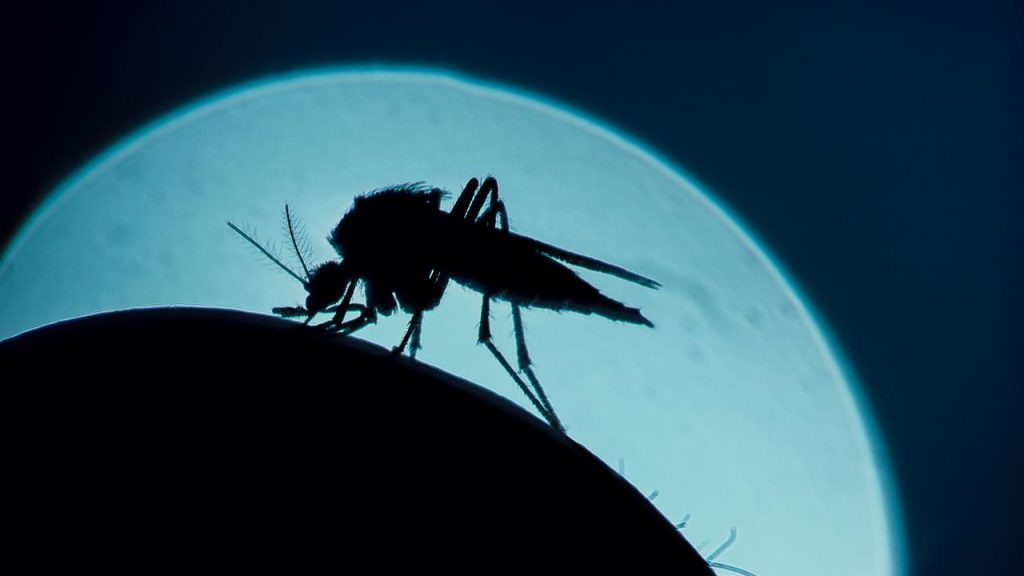Suriname is the first country in the Amazon region to have had no local cases of malaria since 2021. Although the country is surrounded by countries with high rates of malaria, there is no local transmission of the disease. Suriname on Friday received an award from the Pan American Health Organization (PAHO) for its successful approach to dealing with the deadly disease.
About twenty years ago, Suriname had tens of thousands of locally transmitted malaria cases, but now there are none. The disease continues to be brought into the country by travellers, especially from the neighboring countries of Guyana, Brazil and French Guiana.
“Malaria-free Suriname is of great importance to the health and well-being of the local population,” says Marthlis Ersel, Chair of the Malaria Elimination Task Force. Malaria can be fatal and is caused by the Plasmodium parasite, which is transmitted to humans by infected mosquitoes.
The Dominican Republic, Belize, the Mexican state of Quintana Roo and the Brazilian city of Manaus were also named malaria champions in North and South America on Friday.
With this recognition, PAHO also recognizes the positive impact of projects in those countries and cities on the health of their populations.












More Stories
Which can cause an increase in nitrogen.
The Central State Real Estate Agency has no additional space to accommodate Ukrainians.
The oystercatcher, the “unlucky national bird,” is increasingly breeding on rooftops.